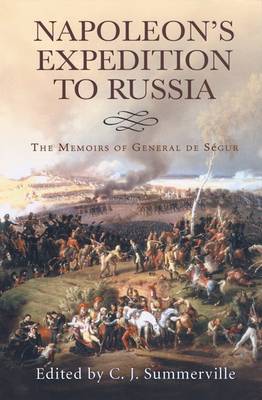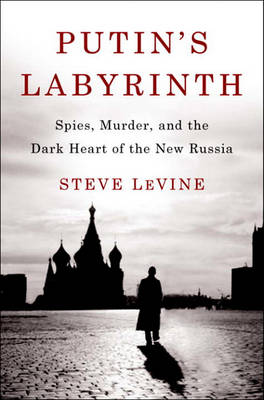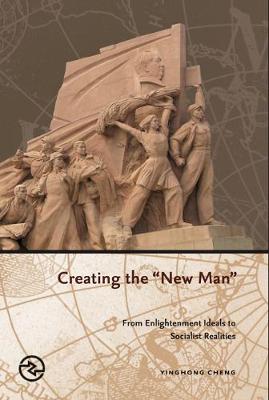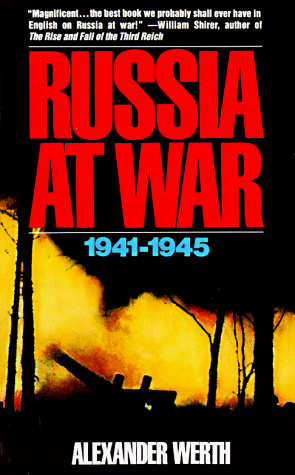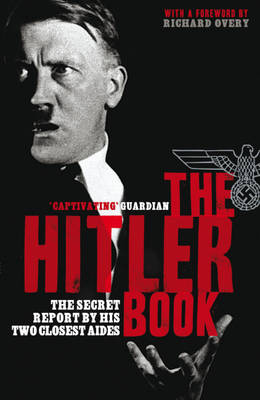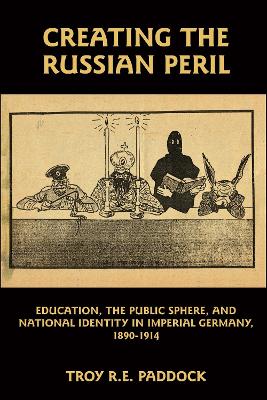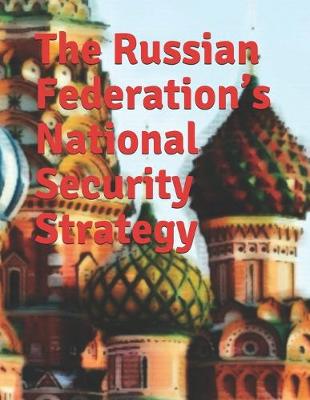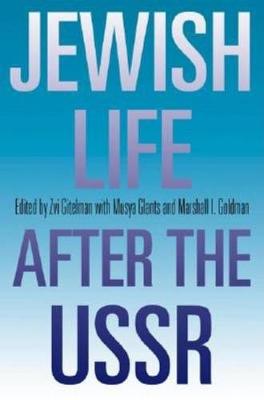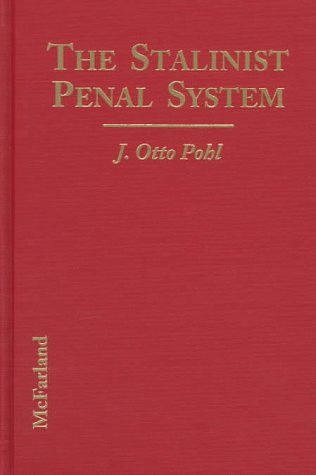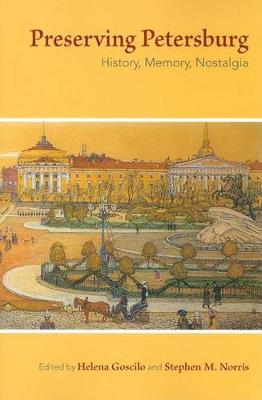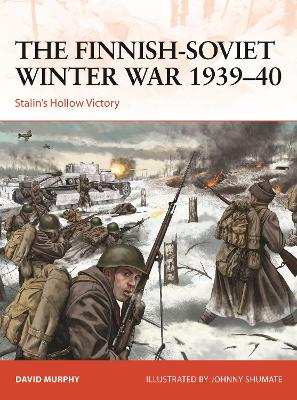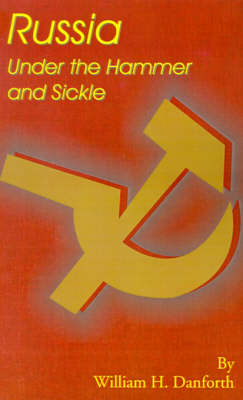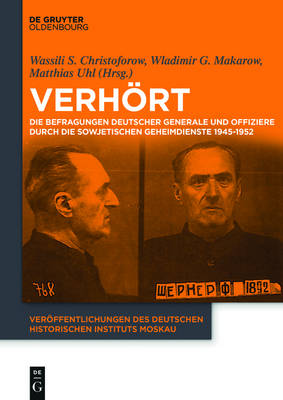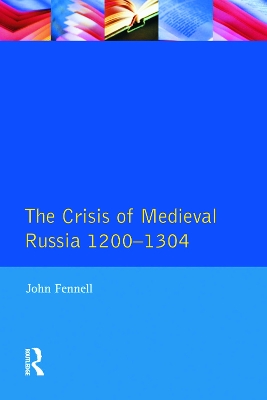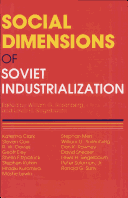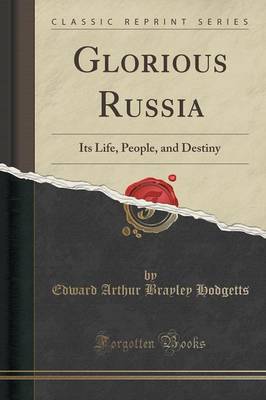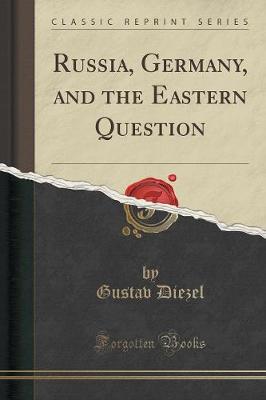An immediate sensation when it was first published in 1824 under the title History of the Expedition to Russia, Undertaken by the Emperor Napoleon in the Year 1812, this chronicle offers an extraordinarily heroic and profoundly tragic narrative of the campaign that set in motion the chain of events that culminated in the fall of France's First Empire.
In Putin’s Labyrinth, acclaimed journalist Steve LeVine, who lived in and reported from the former Soviet Union for more than a decade, provides a gripping account of modern Russia. President Dmitri Medvedev and the country’s real power, Prime Minister Vladimir Putin, are posing a resolute challenge to the West. In a penetrating narrative that recounts the lives and deaths of six Russians, LeVine portrays the growth of a “culture of death”—from targeted assassinations of the state’s enemies to t...
Creating the New Man (Perspectives on the Global Past)
by Yinghong Cheng
The idea of eliminating undesirable elements from human nature to create a ""new man"" has been part of moral and political thinking worldwide for millennia. During the Enlightenment, European philosophers sought to construct an ideological framework for reshaping human nature. But it was only among the communist regimes of the twentieth century that such ideas were actually put into practice on a nationwide scale. In this book Yinghong Cheng examines three culturally diverse socio-political exp...
This book captures the story of the Taratuta family and their struggle to flee the hardships of the USSR and repatriate to Israel in the late twentieth century. The narrative follows the lives of three family members, Aba, his wife Ida, and their son Misha, as they endure countless struggles throughout their journey to freedom. Tense moments ensue as the refuseniks print copies of forbidden Zionist literature and textbooks, publicly support those detained in prison and the Gulag, organize scient...
In 1941, Russian-born British journalist Alexander Werth observed the unfolding of the Soviet-German conflict with his own eyes. What followed was the widely acclaimed book, Russia at War, first printed in 1964. At once a history of facts, a collection of interviews, and a document of the human condition, Russia at War is a stunning, modern classic that chronicles the savagery and struggles on Russian soil during the most incredible military conflict in modern history. As a behind-the-scenes ey...
On breaking open the Berlin Bunker on 2 May 1945, Soviet troops captured two of Adolf Hitler's closest associates: his personal valet, Heinz Linge, and his SS adjutant, Otto Guensche. The two men had just disposed of the bodies of Hitler and Eva Braun. On Stalin's orders they were questioned for two years, to produce this astonishing fly-on-the wall account of all they saw in Hitler's headquarters, where they had worked since 1933. It has been held in top-level Russian archives since 1949. The...
The causes of the First World War have been studied and debated for many decades, yet cultural historians of Germany have largely neglected the German-Russian aspect of the conflict for a focus on the clash of Germany and Great Britain. When they have focused on Germany and Russia, they have too often dismissed the anti-Russian propaganda of the war's first months as a sudden and opportunistic campaign to justify the war. This intellectual and cultural history gives German attitudes toward and s...
The Russian Federation's National Security Strategy
by Russian Federation
Jewish Life After the USSR
Since the late 1980s, one of the world's largest Jewish populations has faced a unique dilemma: at the very time it has gained unprecedented freedoms, Soviet and post-Soviet Jewry has encountered political uncertainty, economic instability, and resurgent antisemitism. Jews in the former Soviet Union have been a population teetering simultaneously on the edge of decline and revival, and have had to decide whether to take advantage of the new opportunity to revive Jewish life and rebuild Jewish co...
Hairdresser (Positive Vibrations, #21)
by Motivational Affirmation Journals
A woman travelling mostly alone through the heart of Muslim Central Asia is bound to encounter some unusual situations. Georgie Anne Geyer experienced her share in Kazakhstan, Kirgizstan, Uzbekistan, Tatarstan and Azerbaijan. She also learned a few things about a resource-rich region that will become more and more important for the United States. This book is an account of her adventures in these mysterious former Soviet republics: part-Third World travelogue and part history. Georgie Anne Geyer...
Using information from the newly opened Soviet archives, Part One of this work examines the incarceration of Russians and the development of the Gulag system of labor camps and labor colonies. Part Two describes the mass exile of Soviet citizens and others to areas of forced settlement.
Preserving Petersburg
For more than three centuries, St. Petersburg, founded in 1703 by Peter the Great as Russia's westward-oriented capital and as a visually stunning showcase of Russia's imperial ambitions, has been the country's most mythologized city. Like a museum piece, it has functioned as a site for preservation, a literal and imaginative place where Russians can commune with idealized pasts. "Preserving Petersburg" represents a significant departure from traditional representations. By moving beyond the "Pe...
Verhoert (Veroeffentlichungen Des Deutschen Historischen Instituts Mosk, #6)
The Crisis of Medieval Russia 1200-1304 (Longman History of Russia)
by J. Fennell
John Fennell's history of thirteenth-century Russia is the only detailed study in English of the period, and is based on close investigation of the primary sources. His account concentrates on the turbulent politics of northern Russia, which was ultimately to become the tsardom of Muscovy, but he also gives detailed attention to the vast southern empire of Kiev before its eclipse under the Tatars. The resulting study is a major addition to medieval historiography: an essential acquisition for st...
Stalinism and the Politics of Mobilization offers a new interpretation of Bolshevik ideology, examines its relationship with Soviet politics between 1917 and 1939, and sheds new light on the origins of the political violence of the late 1930s. While it challenges older views that the Stalinist system and the Terror were the product of a coherent Marxist-Leninist blueprint, imposed by a group of committed ideologues, it argues that ideas mattered in Bolshevik politics and that there are strong c...
Presenting the leading edge of current scholarship, the essays assembled here focus on the social and cultural dimensions of the Soviet industrialization drive of the late 1920s and 1930s and their impact on the process of Soviet industrial transformation. Among the themes studied are urbanization, social mobility, questions of social identity and of the cultural construction of the industrialization drive, and the social dimensions of work, management relations, and the organization of industri...
Russia, Germany, and the Eastern Question (Classic Reprint)
by Gustav Diezel
